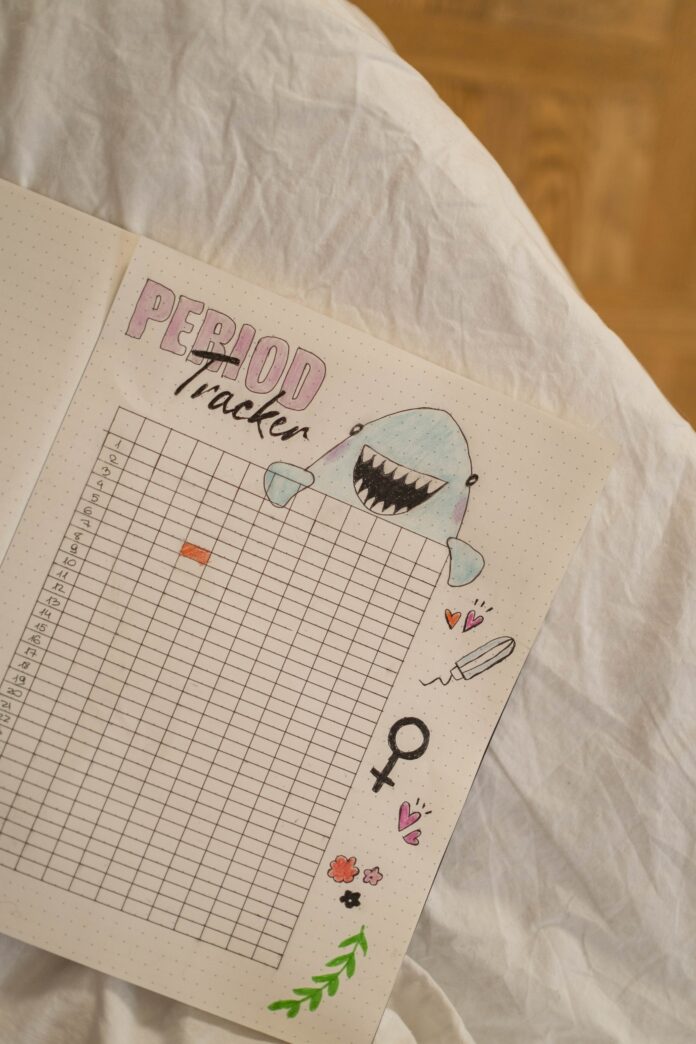How much do you honestly know about the ins and outs of your menstrual cycle and how it can affect you over each month?
While most women are no strangers to their moods and energy levels during their actual period, we ask if many of us are familiar with how our bodies function in our luteal or follicular phase.
Every female’s menstrual cycle is different and it is important to get to know yours.
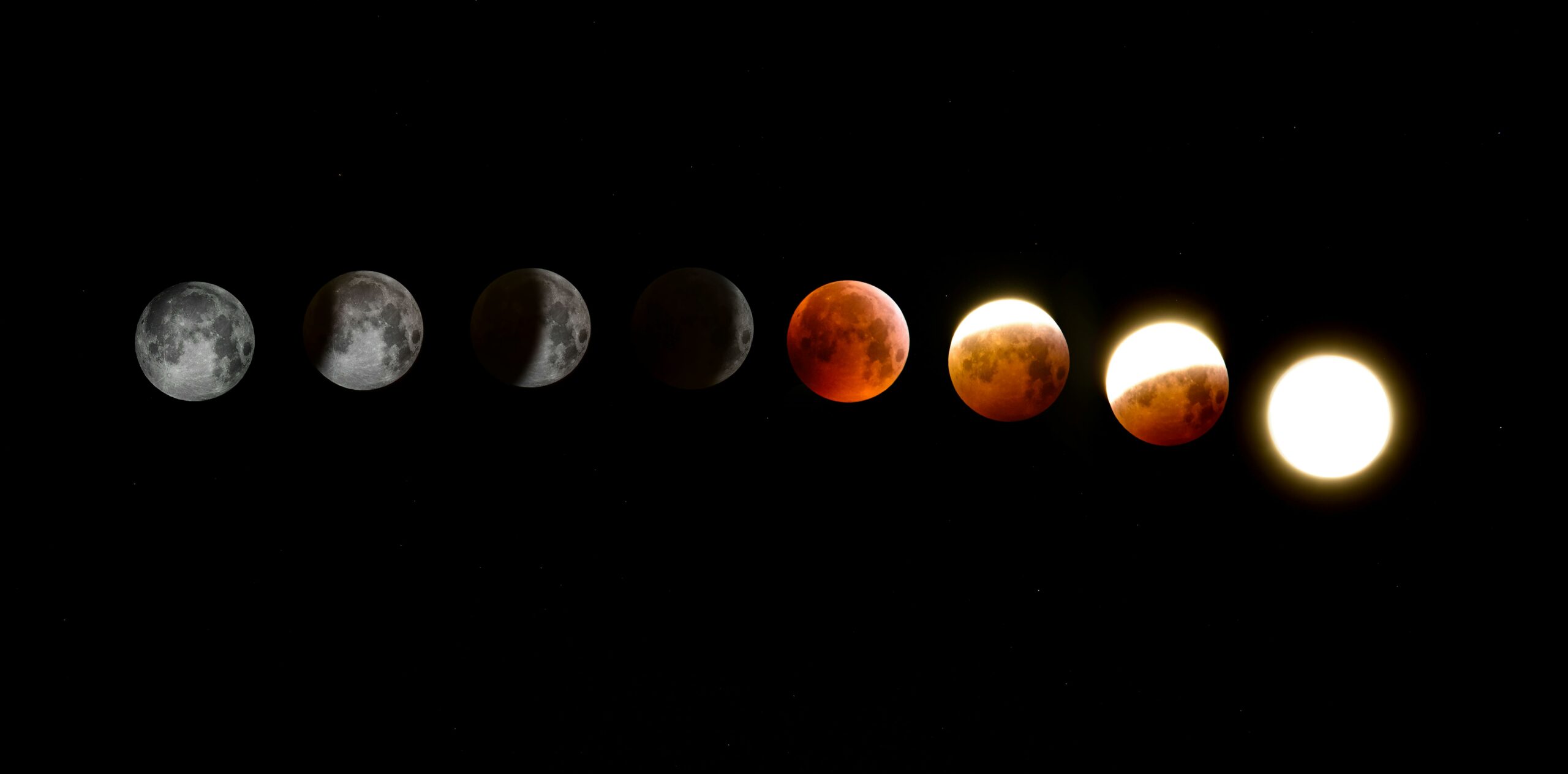
The four phases of every female’s menstrual cycle include the menstrual phase, the follicular phase, the ovulation phase and the luteal phase.
The length of each phase can vary and alter as time goes on.
Your menstrual cycle itself can also change over certain periods in your life, due to to the use of contraception, menopause, pregnancy and eating disorders.
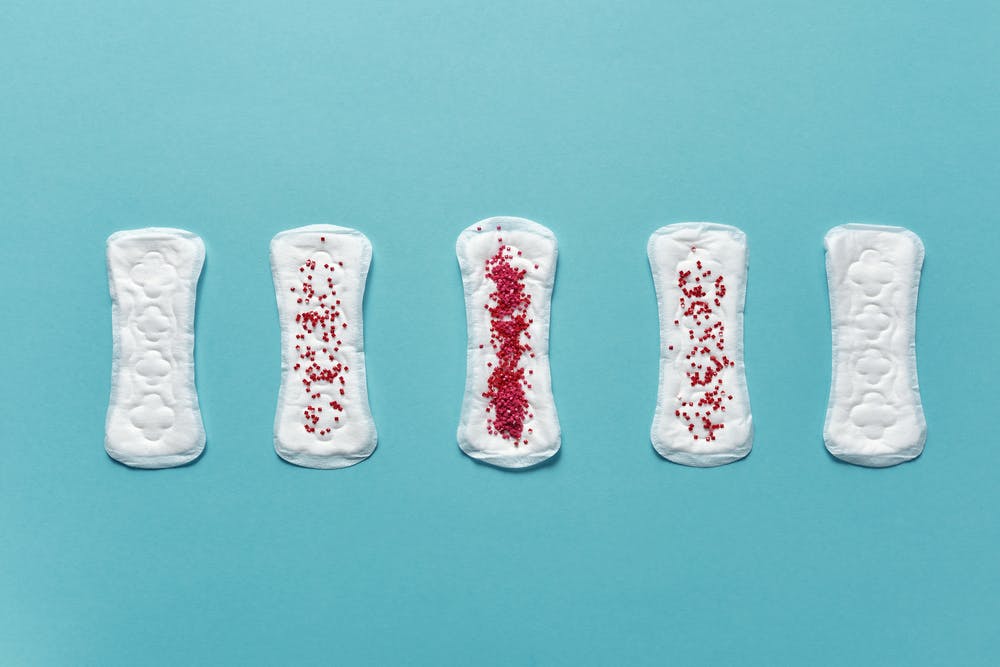
Your menstrual phase is the phase most women are already too familiar with – the time of the month when you get your period.
This is when an unfertilised egg is released and as pregnancy hasn’t taken place, your levels of the hormones estrogen and progesterone drop.
You may experience cramps, tender breasts, bloating, mood swings, irritability, headaches, tiredness and low back pain.
Typically, a period lasts anywhere between three and seven days, however everybody is different and this is not the same for everyone.

The second phase, the follicular phase, starts on the first day of your period (so there is some overlap with the menstrual phase) and ends when you ovulate.
It’s called the follicular phase because your pituitary gland releases a hormone called Follicle Stimulating Hormone (FSH), which stimulates the follicles in your ovaries to mature.
This hormone stimulates your ovaries to produce around 5 to 20 small sacs called follicles.

Each follicle contains an immature egg.
Only the healthiest egg will eventually mature, however on rare occasions, a woman may have two eggs mature.
The rest of the follicles will be reabsorbed into your body.
Estrogen and testosterone start to rise during this phase, which will bring you a boost of energy, and can often improve your mood.

Testosterone stimulates your libido while estrogen makes you feel more extroverted and suppresses your appetite.
Following the follicular phase is the ovulatory phase, which you guessed it, is when you ovulate.
The ovulation phase is the time during your menstrual cycle when you can get pregnant.
You can tell that you’re ovulating by symptoms such as a slight rise in body temperature and thicker discharge that has the texture of egg whites.
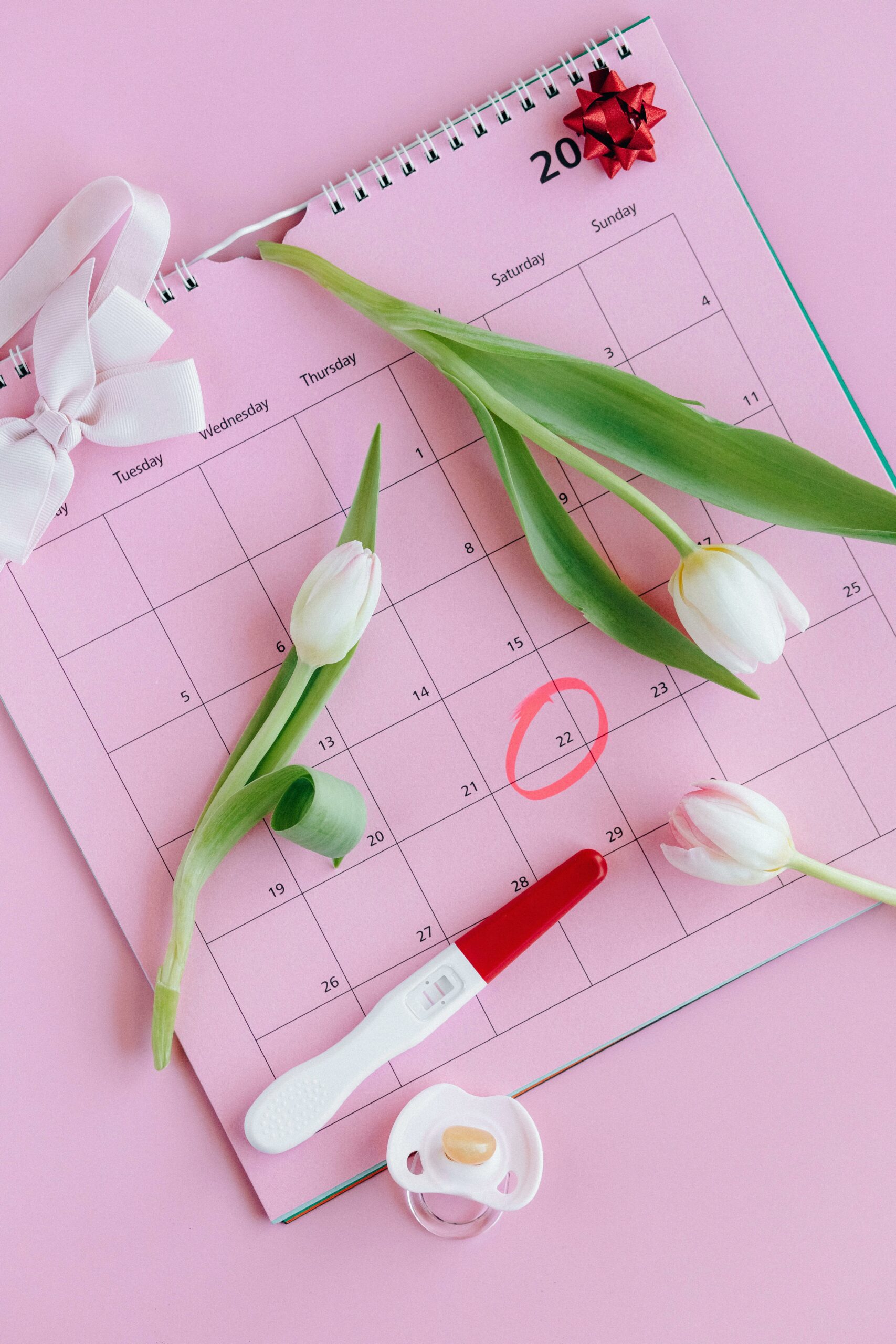
Ovulation happens around day 14 if you have a 28-day cycle — right in the middle of your menstrual cycle.
During this time, estrogen and testosterone rise to peak levels, boosting the effects of the follicular phase.
You may feel that you look better and feel more confident.
Plus, your sex drive will be at its highest.
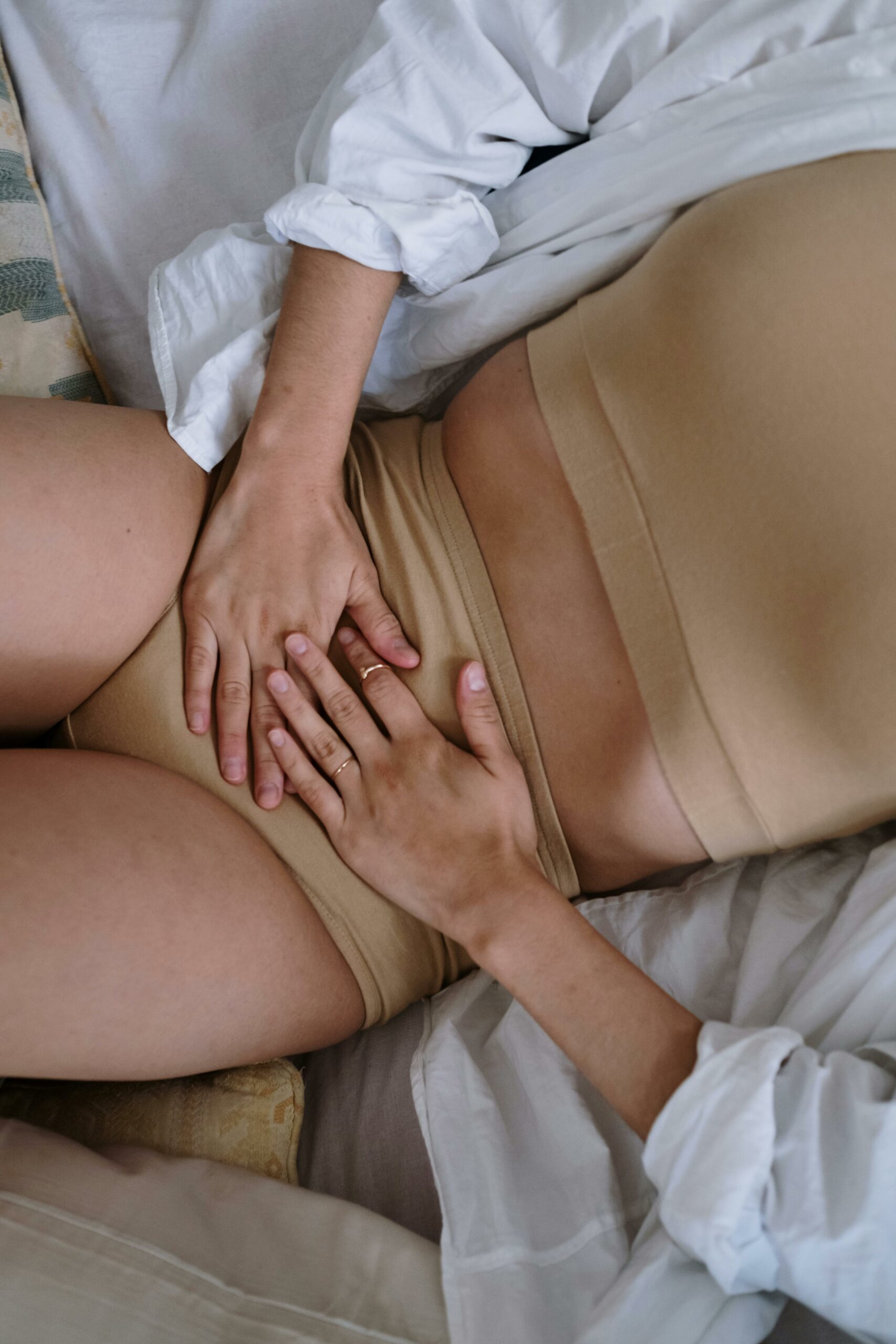
The final stage of the menstrual cycle is the luteal phase.
It begins around day 15 of a 28-day cycle, and it ends when you get your period.
The luteal phase prepares your uterus for pregnancy by thickening the uterine lining.
Not everyone experiences symptoms during their luteal phase, but a lot of people experience PMS during the latter stage as their progesterone levels decrease.
These symptoms can include mood swings, bloating, break-outs, fatigue, and changes in your appetite.
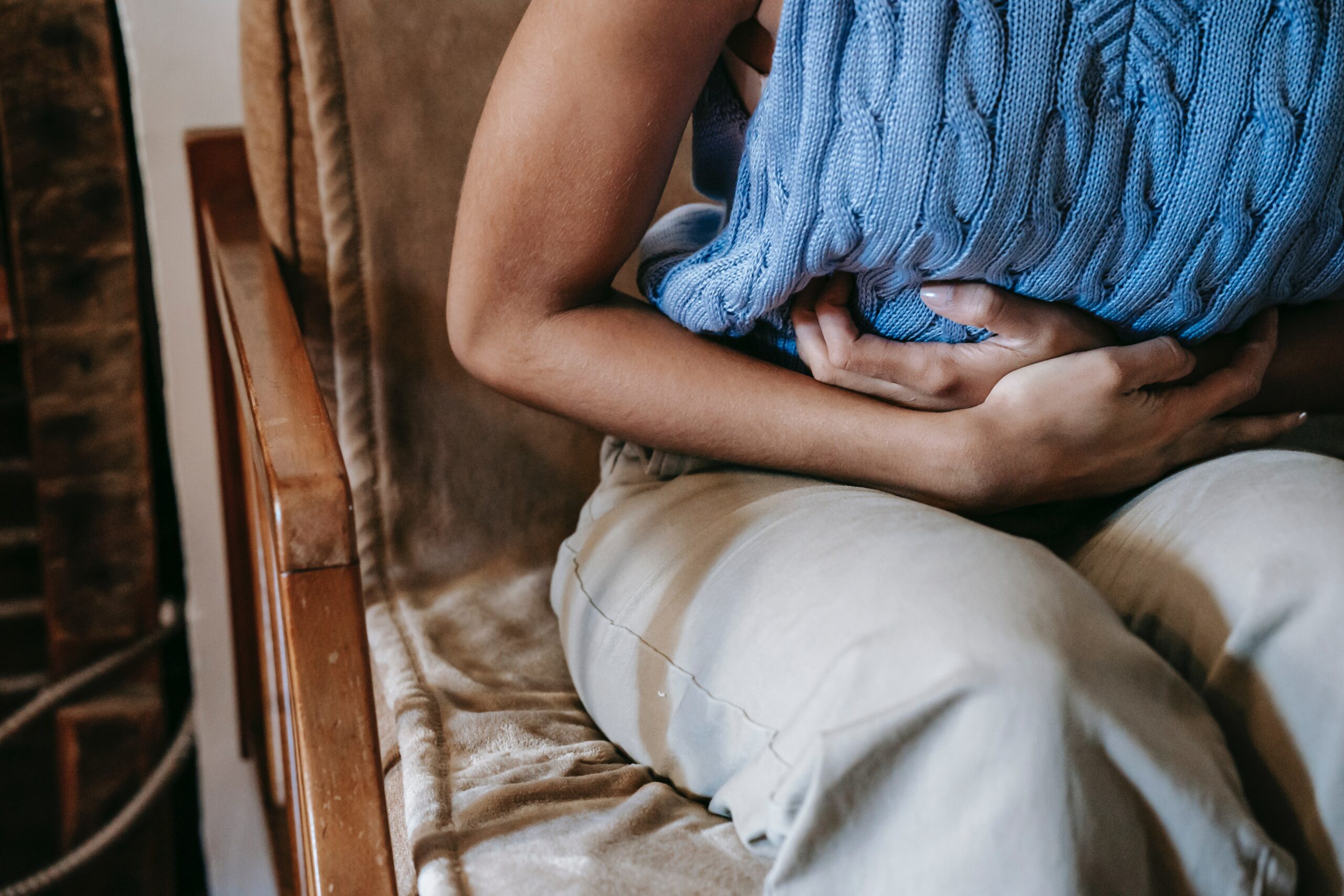
During this phase, estrogen and testosterone begin to decline and your body starts producing progesterone.
The rise in hormones keeps your uterine lining thick and ready for a fertilized egg to implant.
Since progesterone is an anti-anxiety hormone, you will find yourself beginning to wind down.
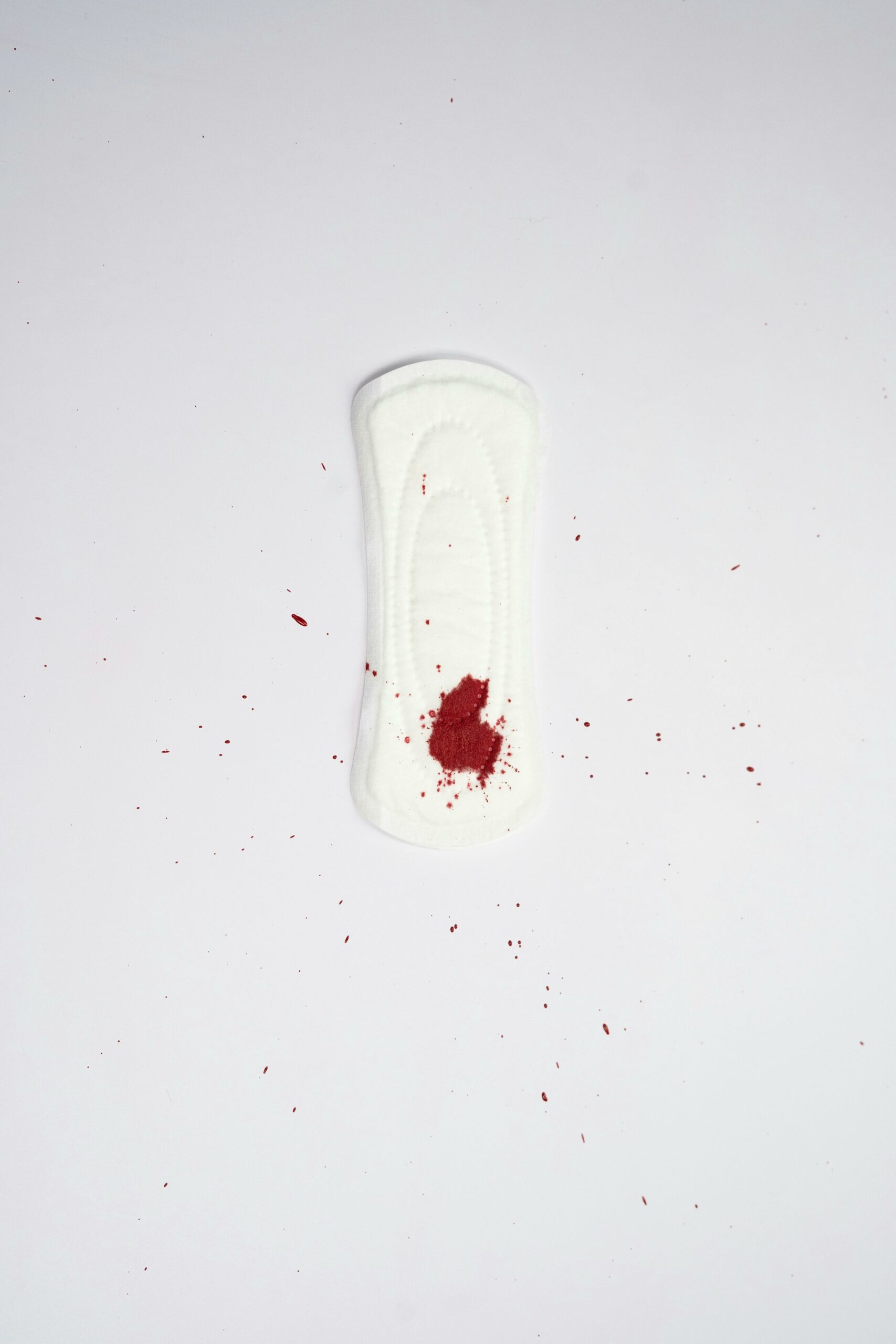
It is a good time for nesting, chores and taking care of your to-do lists throughout this phase.
The average length of the luteal phase is about 14 days.
It is important to note that every menstrual cycle is different and each phase and a person’s cycle varies in length.
In order to find out if you are having any issues with your menstrual cycle, you should keep a track of your period.
If you have skipped numerous periods and are not pregnant, or your periods have stopped entirely, your periods are irregular, you bleed for more than 7 days, your periods are less than 21 days or more than 35 days apart and you bleed heavily between periods, you should contact your GP or other healthcare professional.

